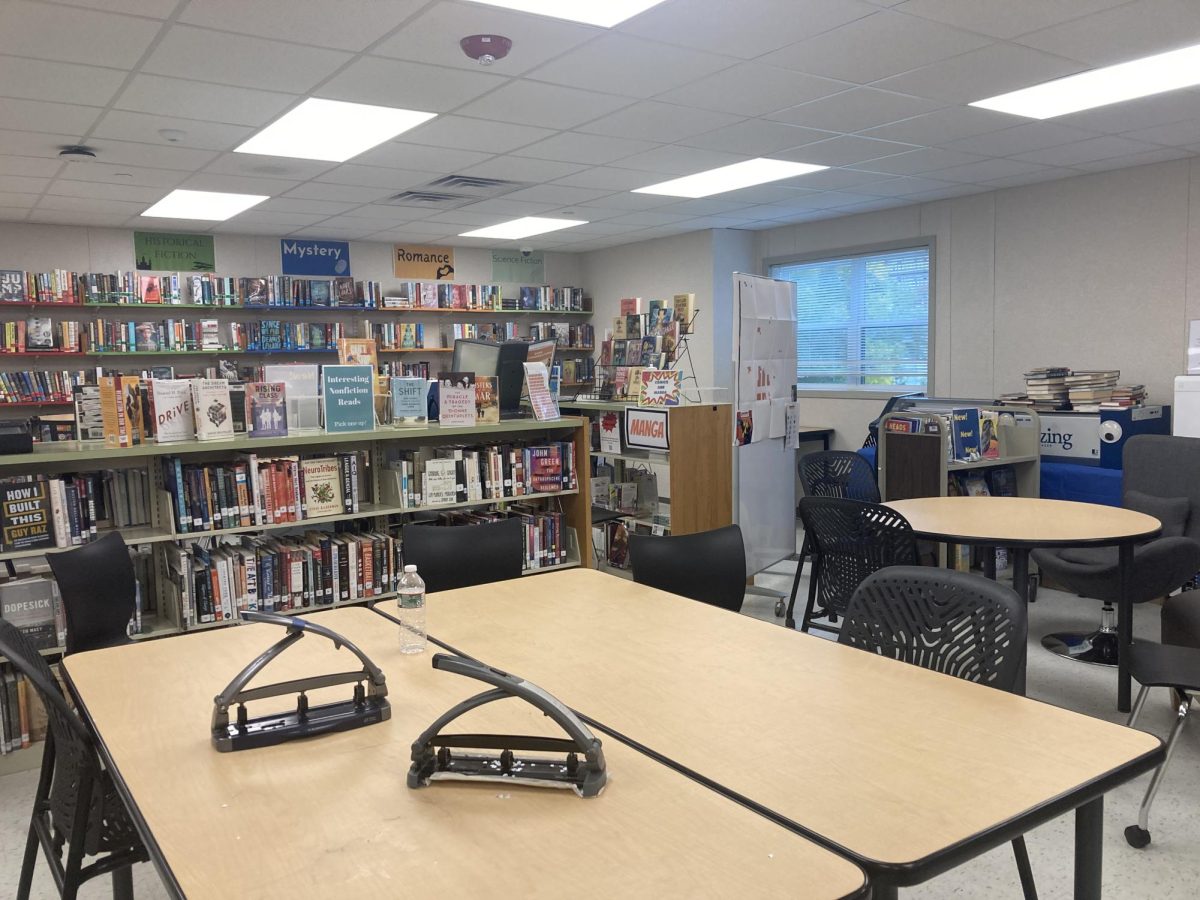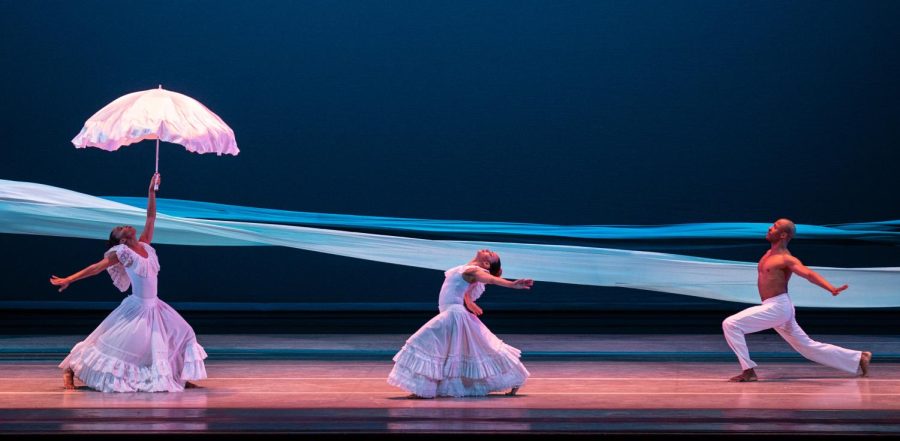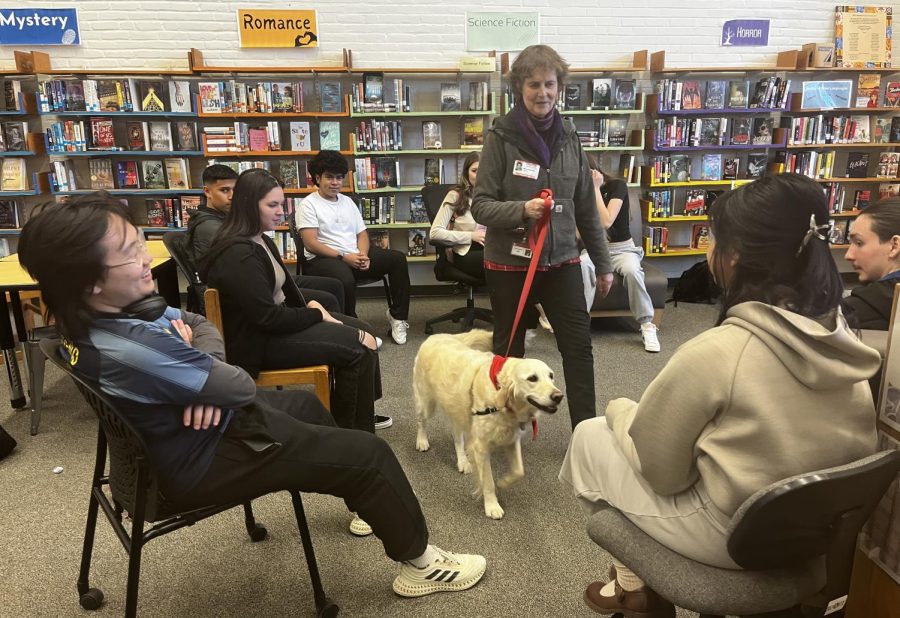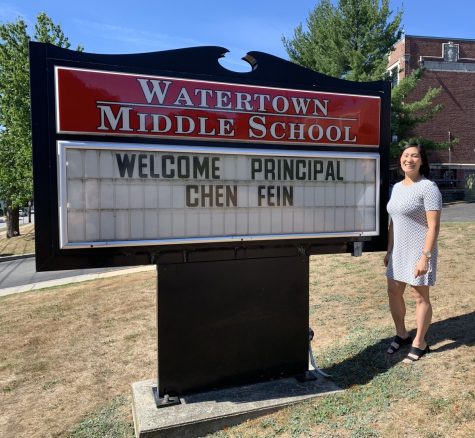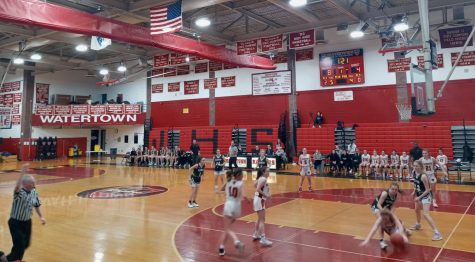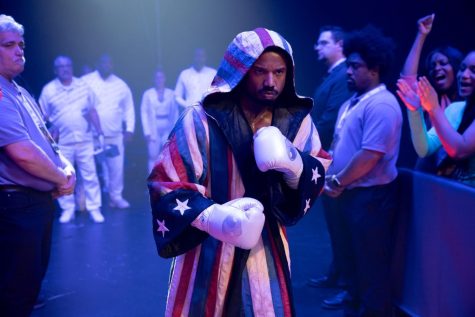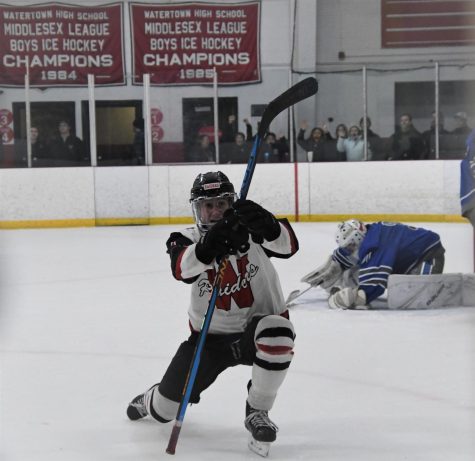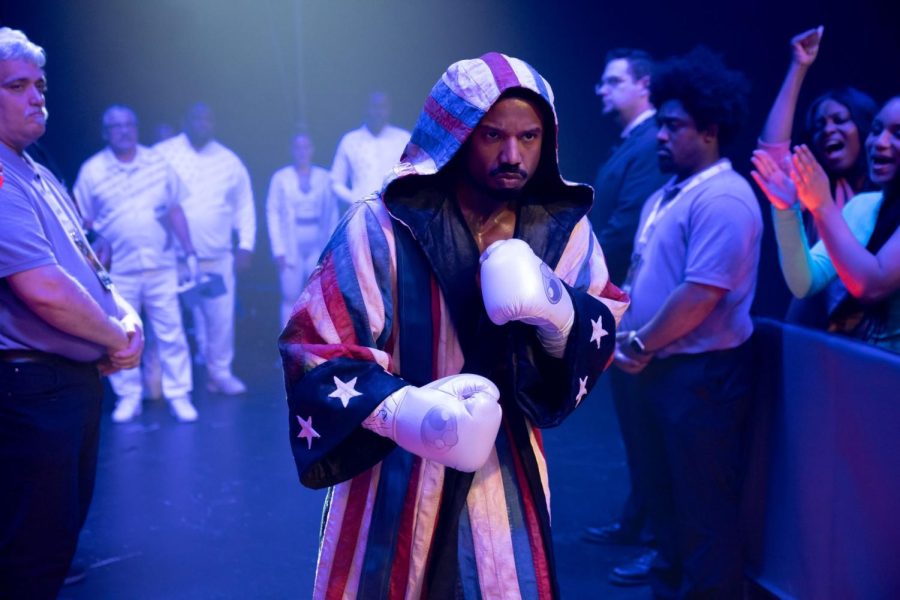The best kind of independent study
May 24, 2014
When Steve Watson left after three years at Watertown High, there was admittedly an audible sigh of relief from the student body. Shirley Lundberg has not had the easiest year at WHS, although the first year is hard for everyone when a new principal comes to a school.
Upon her arrival, Ms. Lundberg exercised her power to crack down on some of the school policies that Watson was extremely lenient with, such as rescheduling finals and making up work from unexcused absences. Students also questioned changes to study hall policies, something Ms. Lundberg has made an emphasis to address.
When WHS students were asked what advice they would give to their principal, they gave a wide range of answers and, not surprisingly, complaints. However a great majority of these responses hinged around the restrictions of student freedoms. I, too, feel that these changes are troublesome.
Across the board, students are asking to be more independent. This included an increase in (or simply a maintaining of) Senior Privilege; more flexibility regarding adding and dropping classes; allowing students to take finals early, if needed; and, of course, allowing more freedom in regards to study halls.
Prior to this school year, Senior Privilege was a sure bet to continue for years to come, adding and dropping courses was as easy as a trip to the guidance office, finals could be taken any time a teacher allowed, and a double-study schedule as a senior was commonplace.
That is not to say that the old way was better, or that Ms. Lundberg’s changes aren’t ones that needed to be made, but they simply aren’t popular. And while the popularity of programs within a high school should not be the lone factor in determining the continued use of these programs, I submit that student reaction should at least play a role in the decision.
More than anything else, high school is a time to learn how to be an adult. Young people make the crossover from being heavily supervised in eighth grade to being essentially unsupervised in any capacity following the conclusion of one’s high school education. Therefore, from the beginning of ninth grade to the end of 12th, steps need to be taken to increase the amount of freedom each student receives. This means loosening the restrictions as students move from grade to grade, but more importantly, this means allowing students to make more of their own decisions as they get older.
Although high school appears to be designed to inform and instruct, it is truly one giant lesson in decisions. This period of life is the time you learn what works for you and what doesn’t, what happens when you smoke pot every day before school, and what happens when you take school so seriously it’s the only thing you care about.
High school is about mistakes and responsibility, and restricting that responsibility, especially for seniors and juniors, fails to expose high school students to one of the biggest challenges of adulthood — making your own choices.
So Ms. Lundberg, I understand why you think restrictions on things such as Senior Privilege and study halls are important, but not allowing some of the older juniors – people old enough to vote for president, own a gun, and enlist in the military – to leave an assigned area during lunch is doing them a disservice. Students ask for freedom because it’s the time in their lives in which they require it.
Listen to them.
It’s time to loosen the leash, cut back on the regulations, and allow students to make their own calls, mess up and make up for it, fail and recover, because people may learn a lot more from the consequences of missing a class than they do by attending it.
–May 23. 2014–
